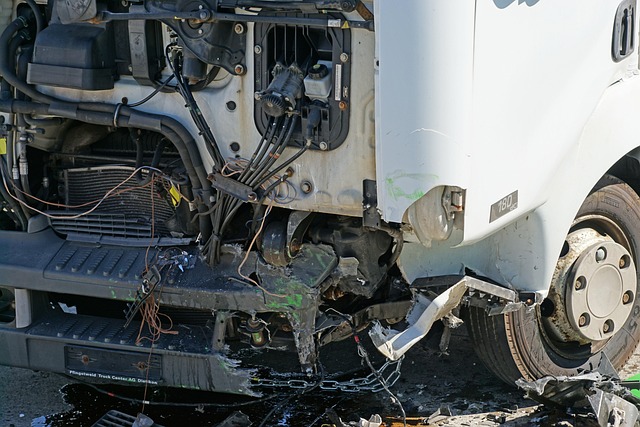Low-income families often struggle with the financial burden of traditional funerals, leading to debt and exacerbating economic challenges. To address this inequality, providing low-cost funeral cover tailored to their means is crucial. These options offer relief, promote financial stability, and ensure everyone can give a dignified farewell regardless of economic status. By offering simplified plans, reducing fees, and collaborating with support organizations, we can make funeral arrangements more accessible for low-income families.
Funeral expenses can be a significant financial burden, especially for low-income groups. Making funeral cover accessible with affordable options is crucial to ensuring everyone has dignified end-of-life planning. This article explores the pressing need for low-cost funeral cover solutions tailored to meet the financial constraints of low-income families. We delve into practical strategies to enhance accessibility, aiming to provide a safety net during emotionally challenging times.
- Understanding the Need for Affordable Funeral Options
- Exploring Low-Cost Funeral Cover Solutions
- Strategies to Enhance Accessibility for Low-Income Families
Understanding the Need for Affordable Funeral Options

In today’s economic climate, low-income families often face significant financial challenges, including the strain of arranging funerals and burial services. The high cost of traditional funeral cover options can be a substantial barrier for these families, making it difficult to say goodbye to their loved ones in a way that respects their memory and cultural traditions. This is where affordable funeral options come into play as a crucial solution. By providing low-cost funeral cover tailored to the financial means of low-income groups, society can ensure that everyone, regardless of their economic status, has access to dignified end-of-life care.
Understanding the need for accessible and low-cost funeral services is essential in addressing social inequalities. Many low-income families may resort to expensive alternatives, such as borrowing money or facing the burden of unpaid debts, to cover funeral expenses, which can further exacerbate their financial strain. Offering affordable options not only provides relief but also promotes financial stability and peace of mind during an already emotional and challenging time. It’s a step towards ensuring that low-income families can honour their loved ones without adding to their existing financial hardships.
Exploring Low-Cost Funeral Cover Solutions

Many low-income families face significant financial challenges, making it hard to prepare for a loved one’s passing. Traditional funeral cover options can be cost-prohibitive, but exploring low-cost alternatives could provide much-needed relief. There are various solutions tailored to meet the needs of those on tighter budgets, such as basic or no-frills plans that offer essential coverage without the extra bells and whistles.
These affordable options often focus on providing a dignified burial or cremation with minimal expenses. Some providers offer direct payment models, allowing families to avoid hefty agency fees. By choosing these low-cost funeral cover solutions, families can ensure their loved ones’ final wishes are respected while maintaining financial stability during an emotional time.
Strategies to Enhance Accessibility for Low-Income Families

Making funeral cover more accessible is a vital step in ensuring low-income families can honour their loved ones without the added financial burden. One strategy to achieve this is by offering low-cost funeral insurance plans tailored specifically for these groups. Simplifying the application process and reducing administrative fees can significantly improve accessibility, allowing individuals on limited budgets to plan ahead with confidence.
Additionally, partnerships between funeral homes, non-profit organisations, and government agencies can provide financial assistance programs or grant support for low-income families. These collaborative efforts can help cover the costs of traditional funerals, ensuring that economic status does not dictate how a person is remembered and honoured.







